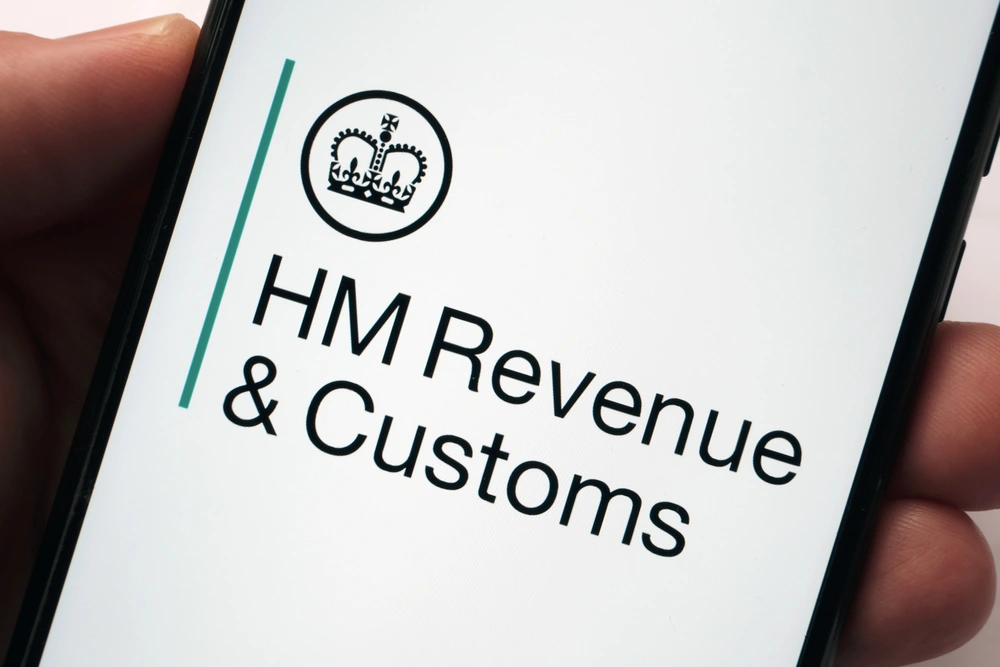There’s an increase in the amount of CCJs being issued to people in their 20s, and worse yet many might not even know they have them.
In terms of financial mistakes, County Court Judgements (CCJs) run pretty high on the list. They stay on your credit history for six years and will seriously impact your ability to get finance.
That’s the case for an alarming number of young people in the UK, with more people in their 20s receiving them. The upward trend has been discovered by BBC Radio 4’s Moneybox, which has looked into the data at the Registry Trust. They’ve found that the number of people in their 20s receiving CCJs rose in 2019 to 160,000 - an increase of 30% on the previous year.
They’re hard enough to move on from when you know about them, but imagine not realising such a big money mistake has happened? For a variety of reasons young people are more susceptible to this, and it can have a huge impact on their financial future.
What is a CCJ?
A CCJ is a County Court Judgement. It comes about when a creditor, someone who is owed money, applies to the court because they have been unable to collect the money they are owed. It’s usually a last resort after months of missed payments and can be avoided with effective communication with your creditor.
The impact it has on your credit score is significant. Experian will knock 250 points off your score when a CCJ is issued, but the damage is often bigger than that. CCJs normally follow default action, which knocks 350 points off - making the true cost of most CCJs 600 points.
If you have a poor credit history it will impact your lending options in the future. This could have an effect on a wide-ranging variety of things, from buying or renting your home, credit card and loan applications to even paying for bills such as mobile phones and insurance monthly.
How can I get one without realising?
It’s sadly more common than you think. When there are 3-6 consecutive missed payments on an account a default notice is sent out. This is a warning that the matter will escalate if an agreement can’t be reached. If these are then ignored a letter of claim will follow which warns about the court judgement before the CCJ is issued in court.
The simplest way for you to miss these letters is for them to be sent to an address you no longer live at. This will then still be the case by the time the CCJ is issued, meaning you will be completely in the dark that the matter has escalated to this point.
The BBC’s report focused on the plight of a girl who had a CCJ issued due to unpaid accommodation in 2017. It was two years later in 2019 when she realised the full severity of the order, with her employers telling her the CCJ endangered her job.
Young people are more susceptible because they may change their address more. Moving out of student accommodation, going travelling or changing city for a new job are all more likely within this age demographic.
Here’s how you can find out if you do have a CCJ, and what to do about it:
1 - Check your credit report
Checking your credit score regularly is a good way of keeping on top of your financial history.
Any CCJs that have been logged on your account will be visible on there. Your report will also show you the creditor and the court you need to contact to resolve the issue.
You can use credit score reporting facilities now for much more than simply checking your score. Our member-only platform, CredAbility offers you step-by-step plans to improve your score and move forward with your financial goals.
2 Get free impartial advice
Have you found a CCJ? The next step is to discuss it with a professional and there is free help out there for people in your position. Charities such as Stepchange and Citizens Advice can offer free and impartial advice to people in your situation and can help you communicate with your creditors.
3 Work out if you owe the money and if you can pay it back
If you know you owe the money the best thing you can do is look to pay it off. If you can afford to pay the amount in full then do so, and contact the court to obtain a Certificate of Satisfaction (N443), this costs £15.
You can do this by sending proof of payment to the court with a completed N443 form. Once CCJs have been resolved they are marked as satisfied on your report, and slowly have less impact on your credit score. After six years it will be removed completely whether it has been paid or not.
If you can’t afford it then you will need to contact the court to agree to new repayment terms to resolve the debt. This is normally done at the start of the process when answering the claim, but they will have set repayment terms without taking your circumstances into account (having received no response from you at the time).
You can contact the court to ask to reduce these payments via an N245 form, where you will need to demonstrate your incomings and outgoings to show your affordability. This usually comes with a £50 fee, but low-income earners can get this waived (fill in this form if you think this is applicable to you).
The process can take a few weeks to resolve, with the court referring your documents to your creditor to ask them to agree to your suggested terms. Sadly there is no guarantee you will be successful.
4 Don’t think you owe? Then dispute it
If you feel you don’t owe the money, then you can dispute the judgement. You’ll need a solid case to do so, and you should also be aware that the process can involve costly court fees (£255 to appeal the decision).
Again it’s all done via a form this time an application notice (N244) where you request a cancellation fo the judgement. You may then be required to attend a hearing where you put your case forward. Seek advice from Stepchange or Citizens Advice if you are unsure how strong your case is because it can be costly if you lose.
It’s good to know that if you are successful you’ll have the debt cancelled, and the ruling will be removed from your record. This will then undo all the damage on your credit report.
Disclaimer: We make every effort to ensure that content is correct at the time of publication. Please note that information published on this website does not constitute financial advice, and we aren’t responsible for the content of any external sites.








